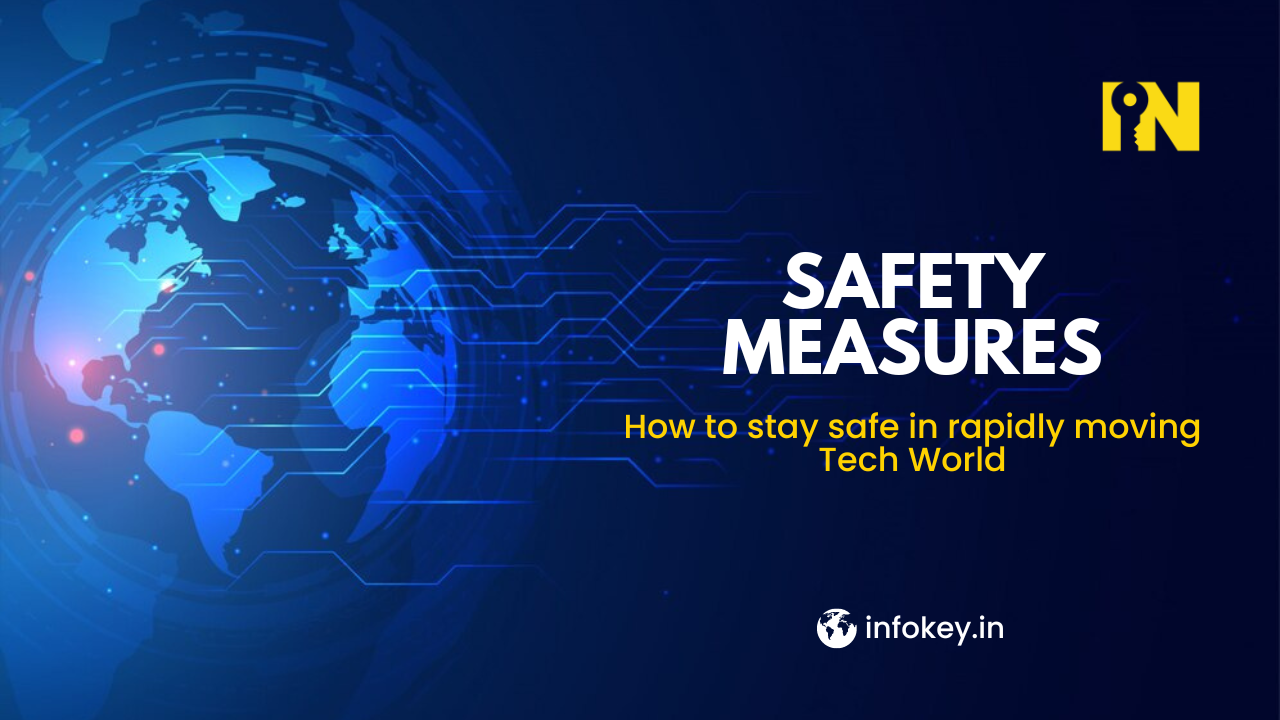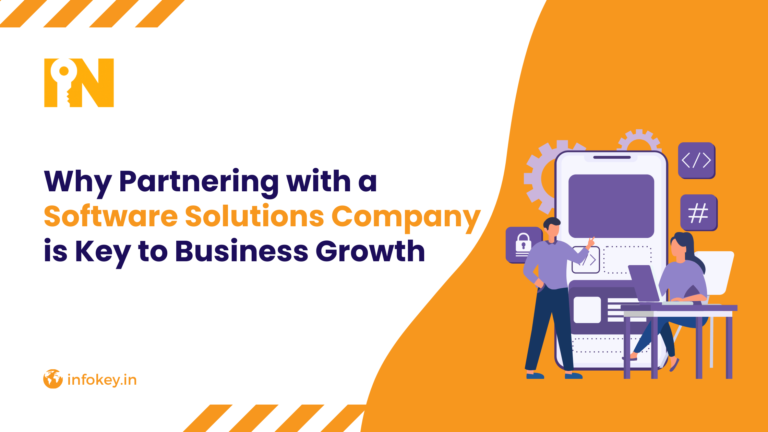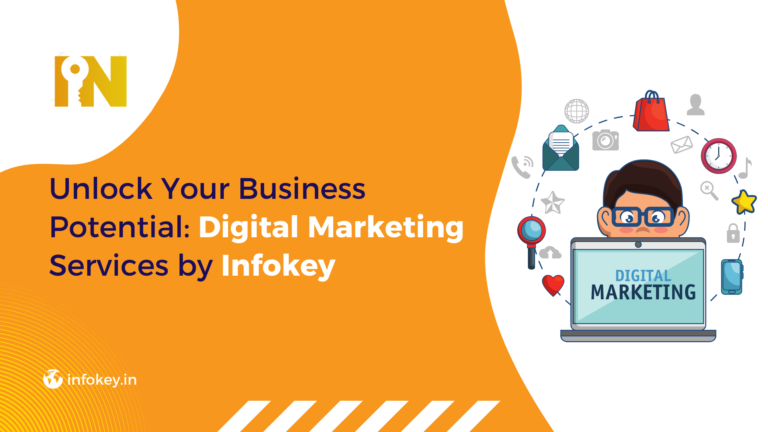Introduction

In today’s fast changing tech world, technology has become an essential component of our everyday life. From smartphones to smart homes, we are surrounded by innovation that provides greater convenience and connections like never before. However, these developments bring new obstacles and hazards. To ensure our safety in today’s fast-paced digital environment, we need to be informed, understand and take proactive safety measures. In this blog, we’ll explore some basic yet effective strategies to keep secure in this tech world.
Understanding tech Risks

1. Cybersecurity Threats
Cybersecurity attacks are like unseen thieves that take your digital assets. Hackers may break into your devices, steal personal information, and even lock you out of your own accounts. Phishing emails appear to be trustworthy but are designed to fool you into revealing important information. Weak passwords and insecure Wi-Fi provide opportunities for thieves. Hackers and cybercriminals use software and computer weaknesses to steal data, corrupt systems, and conduct cyberattacks.
2. Privacy Concerns
With the increasing amount of personal data saved online, there is a danger of data breaches and unauthorized access to sensitive information. Privacy problems in the tech world are similar to having invisible eyes following your every move. Big firms gather information about you, including what you look for online and where you go. Social media tracks your interests and shares them with advertisers. Smart gadgets may listen in on your talks, risking your personal information. Use safe and secure Whatsapp Messaging apps with more functions in this Tech world called WaBM.
3. Digital Identity Theft
Identity theft happens when someone acquires your personal information and uses it to conduct fraud or other crimes, most commonly through phishing scams or viruses. Digital identity theft is equivalent to someone taking your online identity mask. Hackers steal personal information and claim to be you, causing damage to your finances and reputation. Phishing schemes deceive people into providing passwords or financial information. Weak security measures and excessive internet sharing make you an easy target for cybercriminals.
4. Online Scams
Scammers use a variety of strategies, including fraudulent schemes and phishing emails, to trick people into providing money or personal information. Online scams are like traps built by digital thieves to take your money or information. They might lure you with fake rewards, jobs, or products. Phishing emails or messages pretend to be from trusted sources in order to fool you into disclosing critical information. Be cautious and check before revealing personal information.
5. Calling & Otp Scams
Calling and OTP scams are digital criminals that use phones to steal your personal information or money. They may claim to be from your bank, lottery, or government agency, requesting sensitive information or OTPs (one-time passwords). Once they obtain these codes, fraudsters may access your accounts and take your identity. Always check the caller’s identity, and never disclose OTPs or personal information over the phone. Nowadays Hackers only call you and the moment you receive the call and answer they hack your mobile and take information.
Note: Phishing is a clever internet fraud in which hackers pose as trustworthy organizations such as banks or businesses to deceive you into disclosing sensitive information such as passwords, credit card numbers, or personal information. They frequently use fake emails, websites, or messages to trick you, so always be cautious and confirm requests. You can ask Yatter which is a personal AI companion which gives you more and unique tips to get safe in this rapidly moving tech world
Safety tips to stay safe in tech world

Now that we have a basic understanding of the risks, let’s explore how to be safe and take safety measures from these tech frauds.
- Strengthen your passwords
One of the easiest and most effective methods to improve your internet security is to use strong, unique passwords for each account. Avoid using passwords that are quickly guessed, such as “123456” or “password.” Instead, use tricky combinations of letters, numbers, and symbols. Consider using a password manager to safely store and create passwords.
- Enable Two-Factor Authentication (2FA)
Two-factor authentication increases security by requiring a second form of verification, such as a code delivered to your phone. in addition to your password, enable 2FA whenever possible particularly for important accounts such as email, banking, and social networking. 2FA is very much required to live in this tech world.
- Beware of Phishing Attempts
Phishing emails and messages attempt to deceive you into disclosing sensitive information or clicking on dangerous links. Be wary of unsolicited emails, particularly ones that want personal or financial information in this tech world. Check the sender’s authenticity and check for symptoms of phishing, such as errors in spelling or questionable URLs. Do not click on any links sent to you via messages they all are spam and do fraud messages to take your personal information.
- Regularly Update Software and Operating Systems
Update your devices, software, and operating systems with the latest security patches and upgrades. Cybercriminals frequently exploit weaknesses in obsolete software to obtain unauthorized access to devices or data. Enable automatic updates whenever possible to ensure that you’re protected against known dangers.
- Educate Yourself and Others
Stay informed about common fraud strategies and cybersecurity best practices. Regularly educate yourself and your staff (if applicable) on the newest scams and how to identify and prevent them. Many reliable sources offer free tools and instructions for cybersecurity knowledge and fraud protection.
- Secure Your Home Network
To prevent illegal access to your Wi-Fi network, use a strong password and encryption. Update the firmware on your router on a regular basis, and consider using a virtual private network (VPN) for enhanced protection, especially while connecting to public Wi-Fi networks. Secure your home network using VPN services in this rapidly moving tech world.
- Be Mindful of What You Share Online
Think twice before disclosing personal or sensitive information on social media or other online venues. Be careful with the information you provide, and change your privacy settings to limit who may view your posts and profile details.
- Backup Your Data Regularly
Backup your important files and documents on a regular basis to a secure, offline place to protect against data loss caused by cyber-attacks, hardware failures, or other unforeseen events. Consider using cloud storage or external hard drives.
- Practice Safe Online Shopping
When purchasing online, only choose reputable sites that offer safe payment options. Make sure the website URL begins with “https://” to signify a secure connection.
- Use Privacy-Focused Tools and Services
Consider using privacy-focused online browsers, search engines, and messaging applications that value user privacy and data protection. Before using an app or service, review their privacy policies to understand how your data will be treated. For example everyone use google and prior to it everyone knows google has its strict security and privacy features but we have to be aware of every step we do digitally like if we login on any website we have to be very careful so that it can result in any virus or hacking system. Use only authenticated and well know tools to live secure in this constant changing tech world.
Conclusion
In conclusion, remaining secure in today’s fast-paced tech world requires a combination of consciousness, awareness, and proactive steps. Understanding the dangers, implementing security best practices, and staying informed may help you reduce the risk to cyber attacks and enjoy the advantages of technology with confidence. Remember, your online safety is in your hands, therefore prioritize security in everything you do online. If you want to do safe and secure accounting in this tech world try Fastax. These are the softwares developed by Infokey.







